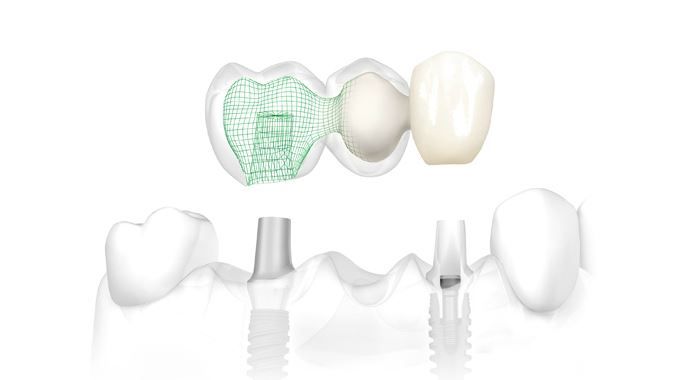The advantages of dental implant treatment are numerous and that is why it has become a standard treatment in modern dentistry. Unfortunately not all patients can benefit from this type of treatment due to contraindications but most of the problems that can prevent the insertion of a dental implant can be solved.
LACK OF BONE VOLUME
Perhaps the most common contraindication to the insertion of a dental implant is bone insufficiency in the recipient bone. This lack of bone volume is accentuated with the passage of time after tooth extraction. The solution is bone addition surgery, which produces bone augmentation and predictable results. Once the parameters are restored to acceptable limits, the dental implant insertion operation is performed.
STEOPOROZA
Osteoporosis is NOT a contraindication. A dental implant may be inserted, possibly with a special design for low-density bone. Depending on the specifics of each case, the surgeon decides the best treatment approach.
In general, in osteoporotic diseases treated with bisphosphonates, it is recommended to discontinue drug treatment (Fosamax, Fosavans, etc.) a period before the insertion of the dental implant. For any procedure involving the jawbone (including extractions) the type of medication should be advised and the surgeon will recommend the treatment plan.
BRUXISM AND SMOKING - RISK FACTORS
Bruxism and smoking are diseases or vicious habits that influence the success rates and survival time of dental implants. Bruxism is a risk factor in the case of exerting forces generated directly on the dental implant during osseointegration. Micromisks of the dental implant lead to its loss. In this case it is recommended to increase the integration time without mechanical loads, adjust the occlusion and wear protection during sleep.
 RO
RO  EN
EN 
